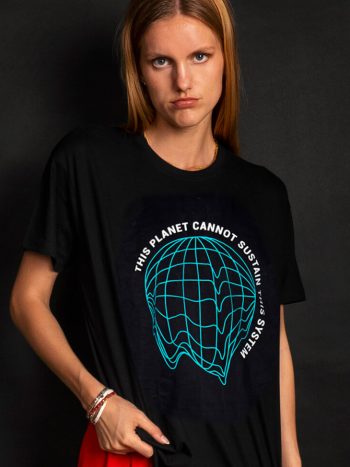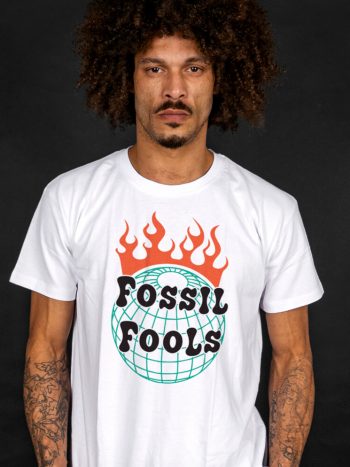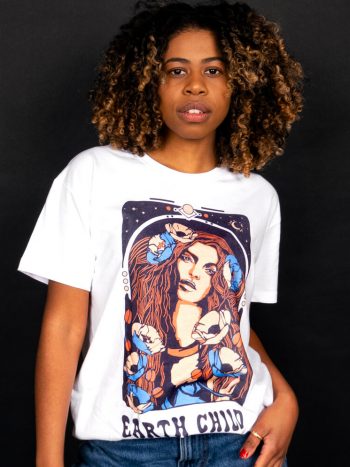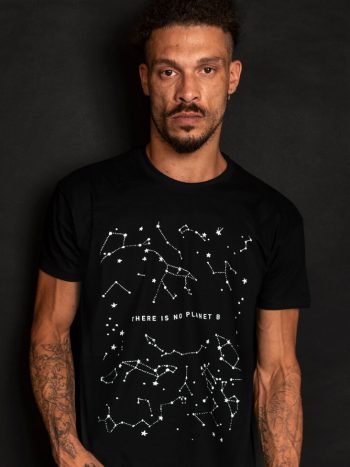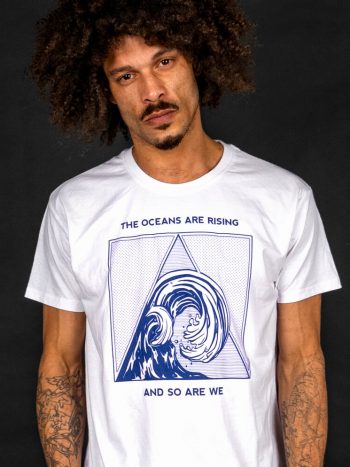Environmental considerations are at the top of most activists’ minds these days. Veganism, using public transport, and environmentally-friendly power alternatives are not usually associated with masculinity – especially not when one considers their traditional counterparts of fast muscle cars and high protein meat-based diets.
Gender differences
A 2016 study by researchers at Utah State University found that associating green activity with femininity can dissuade men from pursuing environmentally-friendly lifestyles – going green was shown to be an affront to some men’s ideas of their masculinity. The researchers conducted a number of studies that demonstrated how men would avoid green products if using or buying them would result in them being described as ‘sensitive’ or ‘gentle’.
Altruism
In another study, however, the researchers showed that men would endorse or buy green-friendly products if the branding of the product was altered. In one test, 322 people recruited online examined one of two versions of a fund-raising pitch from an environmental organization. Half saw a version in which the organization was called Friends of Nature, which had a green logo with a tree symbol, while the mission was described as being to conserve the environment. The other half of the participants saw a version in which the organization was named Wilderness Rangers; in this incarnation, the logo was black and dark blue with a howling wolf symbol, and the mission was described as ‘preserving the wilderness’.
The results showed that male participants were less likely to donate to the conventional-branded green nonprofit than females, but both men and women were similarly likely to donate to the masculine-branded version. One of the reasons for this was suggested as being the fact that men would feel more masculine wearing an environmentally-friendly t-shirt featuring the masculine-branded logo than one with the more standard image of a tree.
Green endeavors, therefore, may need to consider rebranding themselves in order to appeal to more men – perhaps by convincing them that saving the planet is noble, heroic, and by association, macho.
How purchasing decisions influence perceptions and attraction
It can be easily seen from any luxury brand’s advertising campaigns that a great deal of modern consumerism is an elaborate mating ritual. From Louis Vuitton to Gucci, billboards all over the world display these companies’ products worn by impossibly attractive men and women, who staring into cameras with eyes slightly narrowed and mouths slightly open, always casually oblivious to their paradise surroundings, whether they be lounging on a beach or standing out from a throng at a bar on top of a Manhattan rooftop. They seem inhuman, somehow, not being bothered by the relentless sun or the coarse sand of the beach, nor the snarky waiter at the bar.
Yet while these tropes are tried and true for luxury brands, recent research suggests that the same might be true for eco-friendly brands. Compared to luxury purchases, green purchasers were found to have greater warmth, competence and better partner traits, and greater joint compatibility for long-term rather than short-term relationships. Being committed to the environment also apparently means greater commitment to other people.
CLIMATE CRISIS T-SHIRTS
-
£20Add to WishlistAdd to Wishlist
-
£20Add to WishlistAdd to Wishlist


